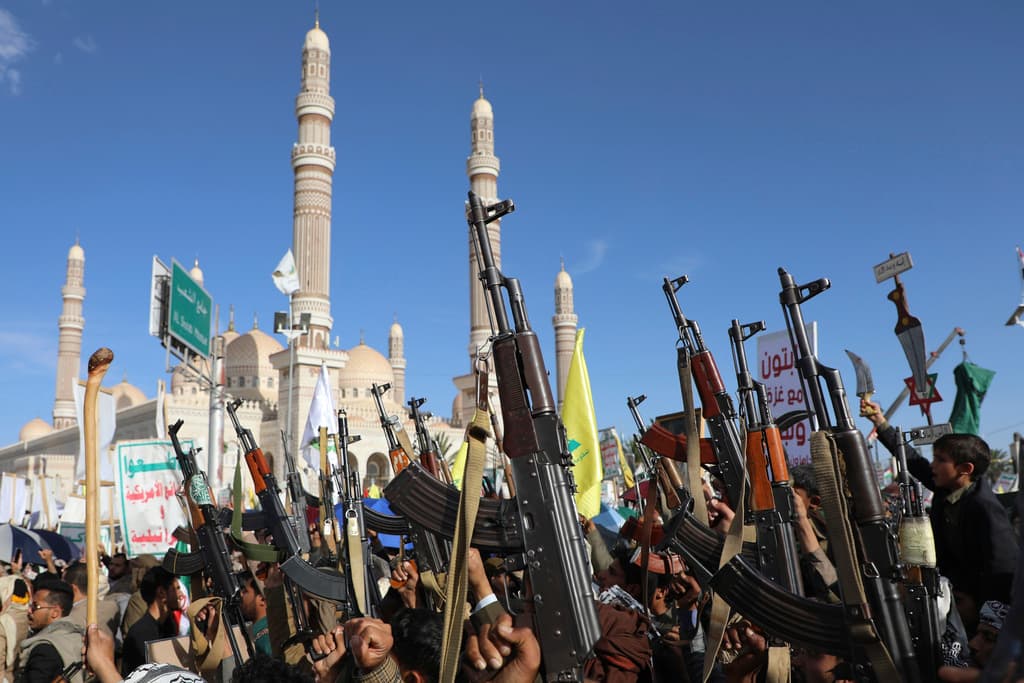Russia Joins Iran in Propping Up the Houthis, Who Are Emerging as a Leading Player in Anti-American Mideast Coalition
The Yemeni group is bound to pose an early challenge for President-elect Trump.

With Iran’s most potent proxy army, Hezbollah, now crippled, the Houthis in Yemen — aided by Tehran and now Moscow, too — are emerging as a growing danger to America’s interests. The group is bound to pose an early challenge for President-elect Trump.
The Houthis may be but a cog in a growing anti-American coalition, but with Russia recruiting Yemeni mercenaries to fight in Ukraine, the Yemeni group is due to receive new, sophisticated arms capable of wreaking havoc on the economies of Europe and America.
A login link has been sent to
Enter your email to read this article.
Get 2 free articles when you subscribe.

